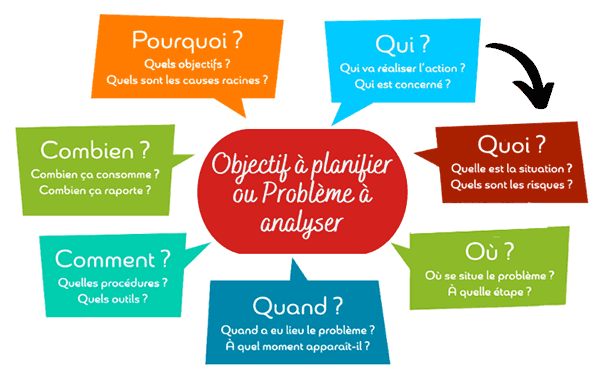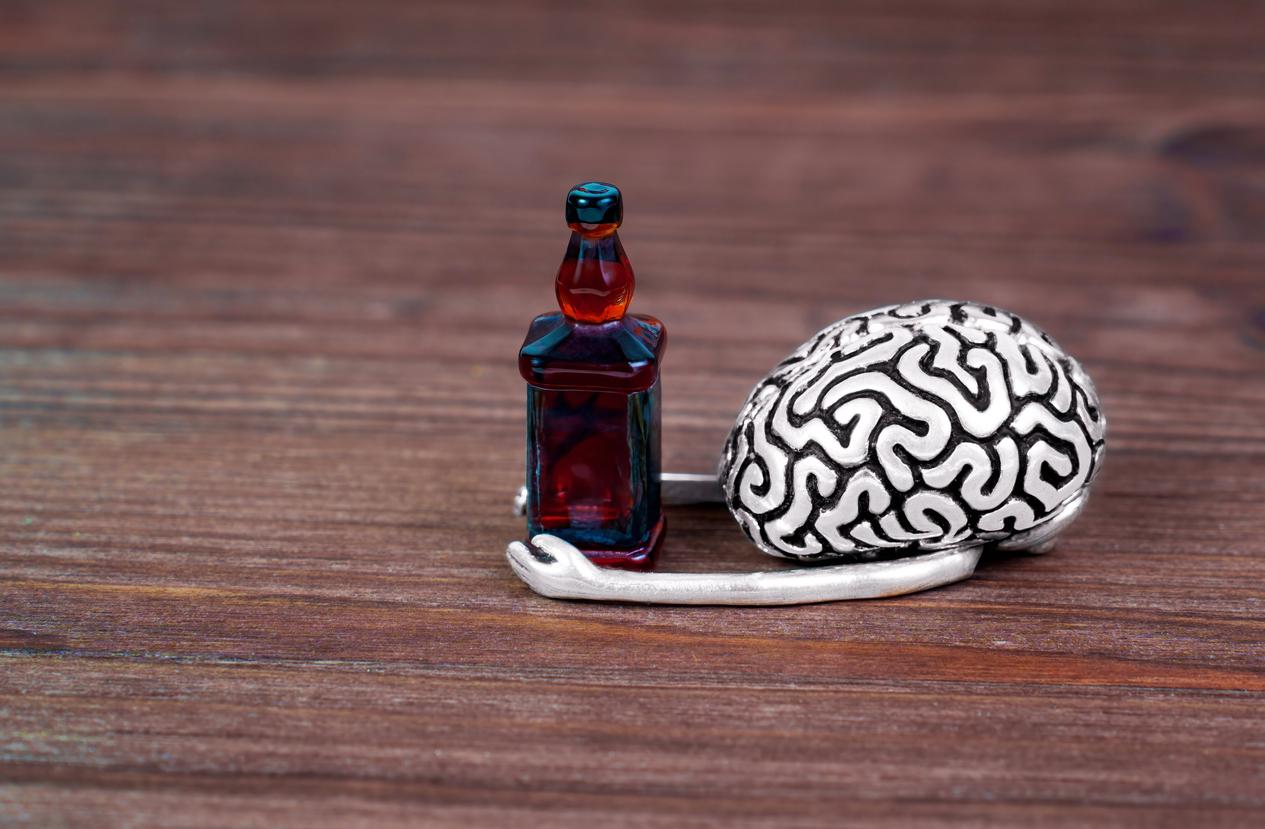It is possible to learn to be happy according to a study from the University of Bristol, but it requires constant effort.

In 2018, the University of Bristol launched a “Science of Happiness” course, open to interested first-year students. Its program does not include any exams. On the other hand, students study the elements that help to be happy, according to research in psychology and neuroscience. They also have the opportunity to discover and apply strategies to lead a more fulfilling life. By following the development of these students, researchers at the University of Bristol came to the conclusion that it is possible to learn to be happy, but it takes constant effort to maintain this feeling in the long term.
Happiness courses can improve well-being by up to 15%
To reach this conclusion, Professor Bruce Hood, lead author of the study, analyzed the well-being scores of students who took the “Science of Happiness” courses at the British university during the 2019/ 2020 or 2020/2021.
Result: they show an improvement in their well-being of 10 to 15% after the program. On the other hand, only those who continued to implement the lessons learned from the course claimed to be happier and more fulfilled when they were interviewed again two years later.
“It’s like going to the gym: we can’t expect to take just one class and be fit forever. Just like with physical health, we need to continually work on our mental health, otherwise the improvements are temporary.”explains the expert.
For him, his work shows that we must regularly use strategies that improve well-being and fulfillment to stay happy in the long term.
Mental health: you have to turn to others to be happy for a long time
In the press release from his establishment, Professor Bruce Hood, who has just published a book on the science of happiness, detailed the elements that promote well-being and fulfillment. “Much of what we teach revolves around positive psychology interventions that shift your focus away from yourself, helping others, being with friends, being grateful, or meditating. It’s the opposite of current doctrine of ‘self-care,’ but countless studies have shown that getting out of our own heads helps us move away from the negative ruminations that can be at the root of so many mental health problems.”
In his course, students learn, for example, that:
- Talking to strangers makes us happier, even though the majority of us avoid such encounters.
- Social media isn’t bad for everyone, but it can be bad for those who focus on their reputation.
- Loneliness impacts our health by weakening our immune system.
- Optimism increases life expectancy.
- Giving gifts to others activates the reward centers of our brain: studies show that giving gifts increases happiness more than spending money on yourself.
- Walking in nature reduces negative ruminations, which are associated with depression.
- Kindness and happiness are correlated.
















